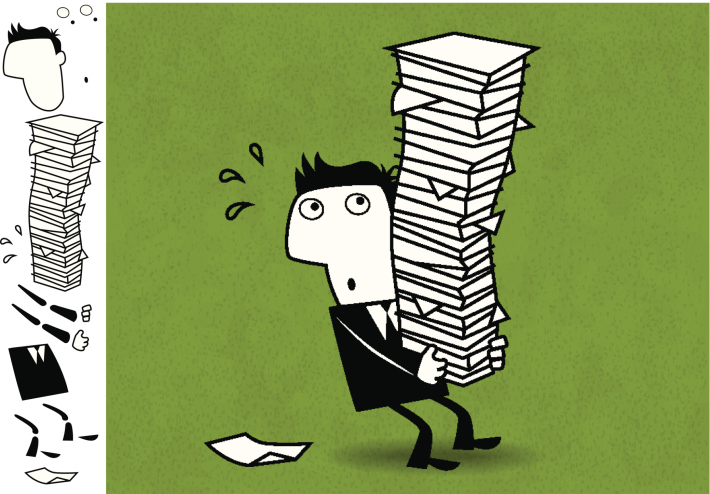
Image source: https://www.thegazette.co.uk/content/image/paper-pile.jpg
In the United Kingdom, an executor of an estate is someone whom has been nominated by the deceased to deal with their assets according to a valid will. This nomination can be express, for example: "I nominate Mr John Smith to be the executor of my will". Or it can also be implied, for example: "I would like Mr John Smith to sell my property and distribute the proceedings accordingly".
The executor appointed for this duty can accept their responsibility by either applying for a grant of probate or 'intermeddling' in the estate. 'Intermeddling' is where the executor takes actions such as paying off a debt owed by the estate or realising an asset. Humanitarian actions such as arranging the funeral does not class as intermeddling.
An executor is not forced to accept this responsibility and is able to renounce their duties as long as they have not applied for probate or intermeddled in the estate.
What are the main duties of an executor?
An executor of an estate in the UK has 3 basic duties:
- To collect in (and realise where necessary) the assets belonging to the deceased;
- From this collection, pay any outstanding debts owed by the estate; and
- To distribute any legacies or assets to the beneficiaries under the will.
The usual common law fiduciary duties apply to an executor of an estate. For example, the executor should act with reasonable care and exercise reasonable skill as appropriate to the situation.
There are, however, instances where an executor can become personally liable for monies belonging to, or owed by the estate. For examples, if the executor makes a financial loss on an asset belonging to the estate due to failure to act at the correct time, then they may become personally liable to the beneficiaries for this loss. This risk of executives incurring personal liability is not unusual, particularly in cases where there is money owed by the estate to 3rd parties and inheritance tax liabilities. For this reason, amongst others, if the estate is particularly large or complex an executor will often seek legal advice when completing their duties.
Things that do not form part of a deceased's estate are not included in the list of assets that an executor has to deal with. Examples of these include:
- Any property held as joint tenants (law of survivorship applies);
- Property enjoyed as a life tenant (which will now pass to the remainder man);
- Property owned internationally;
- Policies written into trust;
- Lump sums payable under occupational or personal pension schemes;
- Death in service schemes; and
- Conditional gifts made.
How much time does an executor have to complete their duties?
There is no set time period for an executor to deal with an estate. However, UK inheritance tax must be paid within 6 months from the end of the month in which the testator died. The tax must also be paid before a grant of probate is issued.
The estate cannot be dealt with until all claims owed against it are paid, 3rd parties have up to 6 months from the date of the grant of probate in order to claim any monies owed to them.
There are numerous reasons to why the administration of an estate can take longer than expected. It is usually assumed that the distribution should be completed within one year - this is however by no means a fixed rule.
As you can see, being an executor double and thus have some very real risks. For this reason, unless you're absolutely confident in your abilities to act as an executor unaided, you should consider either appointing, or at least, taking the advice of, a specialist UK Probate Solicitor.